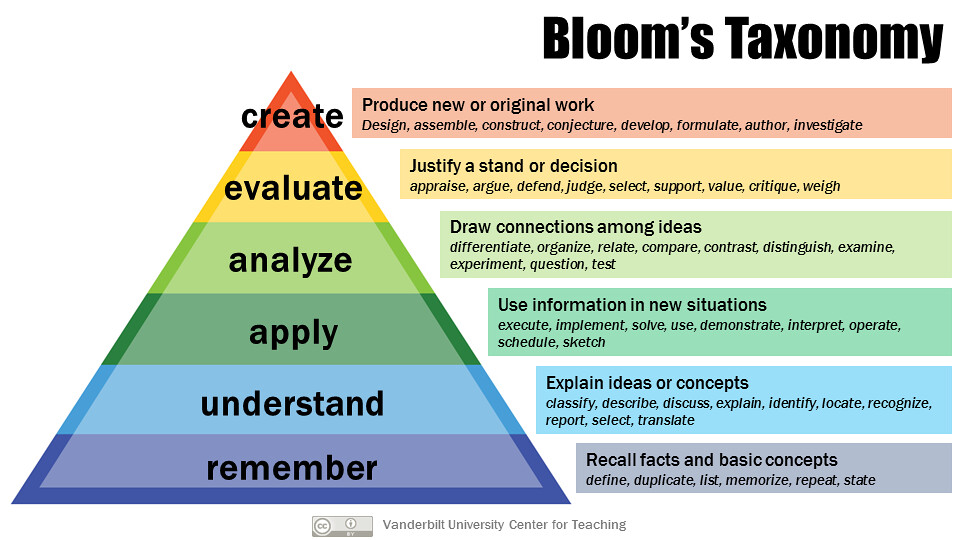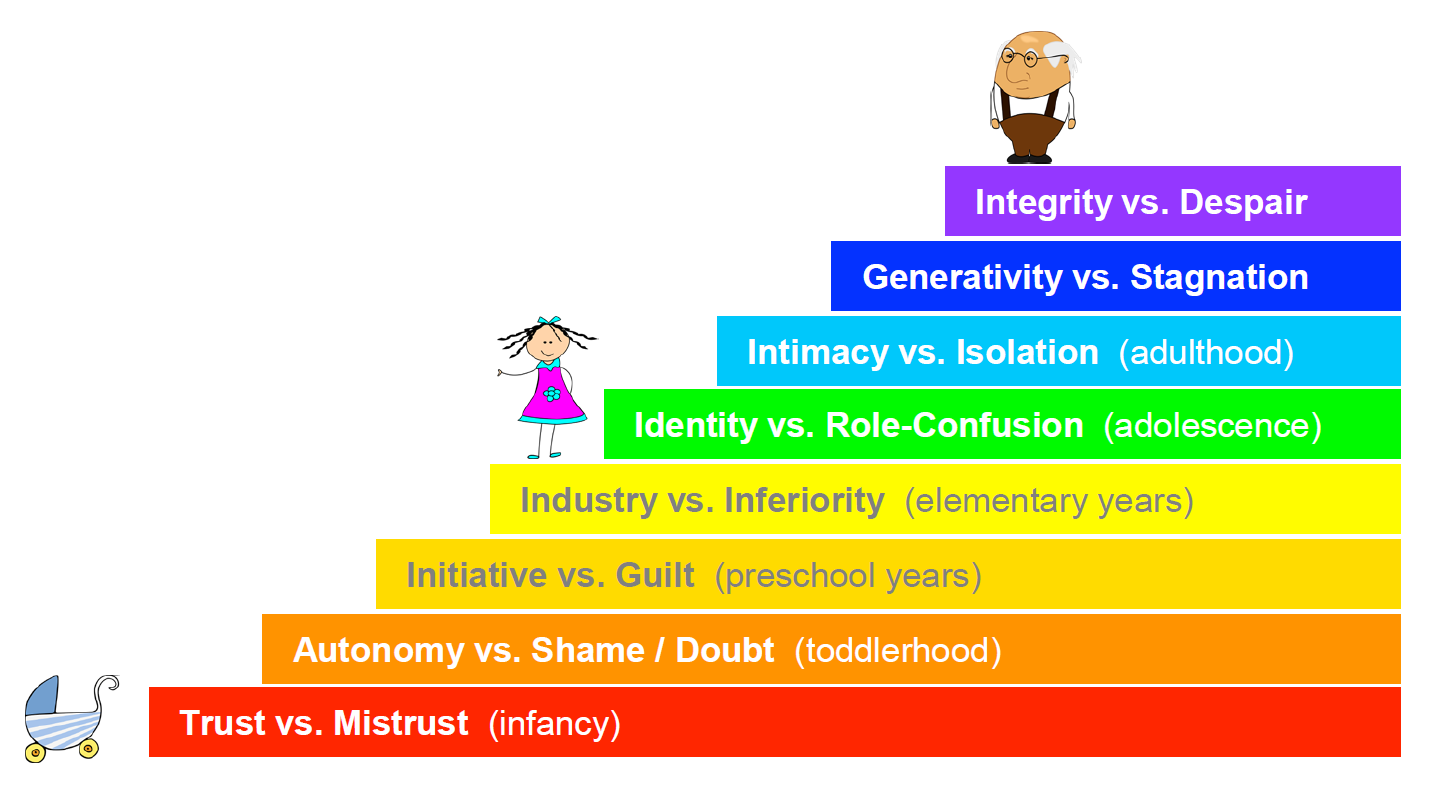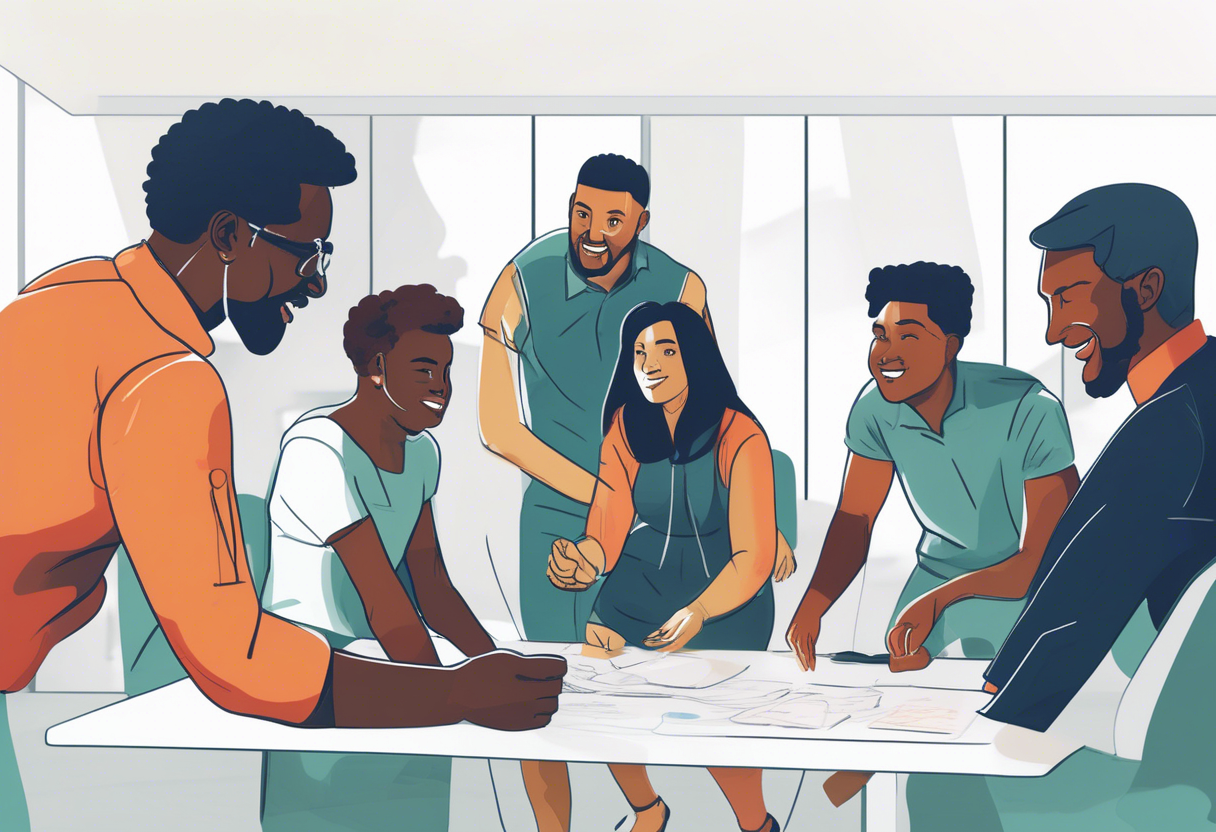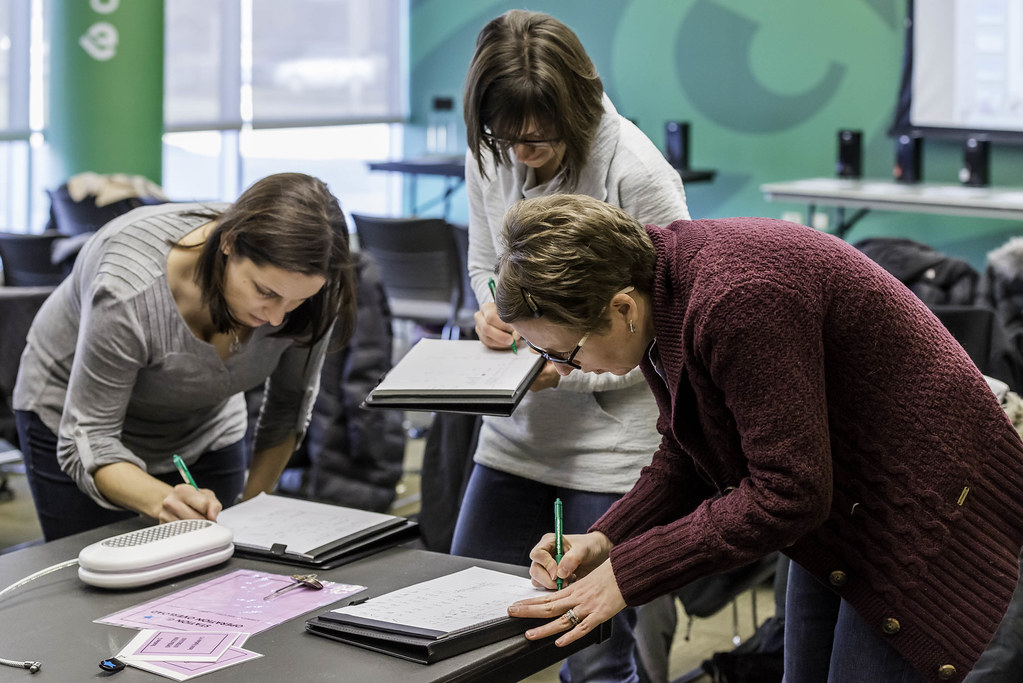
Soft skills are key to making it in today's job market. Did you know 93% of employers think soft skills are just as important as technical ones? Whether you've been around the block or are just starting out, improving these skills can help you stand out. Skills like communication, teamwork, problem-solving, and adaptability are crucial for professional growth. But how do you build these skills? That's where our guide comes in. It offers practical activities to help you develop your soft skills effectively. We'll share strategies and answer your questions, so you're ready to succeed in any workplace. Ready to boost your career? Let's get started!
Step-by-Step Guide to Boost Your Soft Skills Using Development Activities
Identify Key Soft Skills for Personal and Professional Growth
Determine which soft skills you want to improve based on your personal or professional goals.
Start by identifying which soft skills align with your personal or career aspirations. Consider your strengths and areas for improvement. Gather feedback from colleagues, mentors, or performance reviews. Do you aim to communicate more effectively, collaborate in teams, or lead with empathy? Focus on skills such as active listening, emotional intelligence, adaptability, or conflict resolution that align with your goals. This clarity helps you select the right development activities. Common soft skills include:
- Communication
- Teamwork
- Problem-solving
- Leadership
- Decision-making
Assess your current standing and set realistic improvement goals.
Choose Tailored Development Activities
Choose development activities tailored to the skills you want to enhance.
Once you've identified the soft skills to improve, select activities that foster their development. Seek exercises that provide practical experience and encourage reflection. For example, to enhance communication, engage in public speaking or role-playing. For teamwork, participate in group challenges or problem-solving tasks. Ensure the activities align with your goals and learning style.

Examples include:
-
Rope Circle Shimmy: Enhances teamwork and communication. Participants work together to untangle themselves from a human knot while holding a rope. This encourages teamwork, problem-solving, and clear communication.
-
Four-card Negotiation: Ideal for honing negotiation and persuasion skills. Participants negotiate to collect a set of four matching cards, teaching strategy, persuasion, and understanding others.
-
Eye Contact Circle: Improves non-verbal communication and emotional intelligence. Participants stand in a circle, maintaining eye contact to build connection, empathy, and awareness of non-verbal cues.
-
Emotional Charades: A twist on charades, focusing on recognizing and expressing emotions. Participants draw emotion cards and act them out, enhancing emotional intelligence and empathy.
Improv workshops can also cultivate skills like quick decision-making and active listening. Role-playing exercises simulate real-world scenarios to improve problem-solving and communication.
Organize Participants and Prepare Materials
Gather a group of participants and prepare necessary materials for each activity.
To effectively conduct these activities, assemble a willing group. The number of participants will vary by activity, but diversity enriches the experience. Prepare any required materials, such as a rope for the Rope Circle Shimmy, a deck of cards for Four-card Negotiation, and emotion cards for Emotional Charades. Ensure the space is suitable, with ample room for movement.
Ensure even numbers and appoint a leader if needed for specific activities.
For activities requiring pairs or teams, ensure an even number of participants for smooth interactions. Sometimes, appointing a leader can help guide the activity and keep everyone focused. The leader provides instructions, keeps time, and mediates discussions during debriefing. This role is crucial for maintaining flow and achieving activity objectives. For activities like the Minefield, prepare a blindfold and an obstacle course.
Explain Activity Goals and Rules Clearly
Brief participants on the activity’s goal and rules to ensure effective engagement.
Before starting, clearly explain the rules and objectives. Understanding the purpose and expectations enhances participant engagement. Provide a brief overview of the activity and the skills it aims to develop. Clarify any specific rules and address questions or concerns. This preparation sets the stage for a successful experience. Ensure participants understand how the activity contributes to developing specific soft skills.
Conduct and Facilitate the Activity
Facilitate the activity according to the instructions for each specific exercise.
With everything set, initiate the activity. Follow the instructions for each exercise, ensuring participants engage and adhere to the rules. As the facilitator, monitor group dynamics and offer guidance as needed. Encourage immersion and focus on practicing the targeted skills. Maintain a positive and supportive atmosphere, allowing participants to feel comfortable taking risks. For activities like Spreadsheet Wars, set a time limit and provide clear goals.
Debrief and Reflect on Experience
Lead a discussion to reflect on practiced skills, challenges, and real-life applications.
After the activity, lead a debriefing session to reflect on the experience. Encourage participants to share what they learned, challenges faced, and how skills can apply in real life. Facilitate a discussion for participants to express insights and observations. This reflection is crucial for solidifying skills and learning from each other’s experiences. Discuss how the skills can be applied at work or in personal life.
Repeat Activities for Continuous Skill Development
Regularly incorporate different activities to build and reinforce various competencies.
Developing soft skills is an ongoing process. Continuously build and reinforce these skills by regularly varying activities. This keeps learning fresh and engaging, allowing participants to develop a broad range of skills. Experiment with different formats and challenges to address various soft skills. This variety prevents monotony and ensures comprehensive skill development. Use a mix of team challenges and introspective exercises for well-rounded growth.

Gather Feedback and Monitor Progress
Collect feedback and assess improvements in targeted soft skills over time.
To evaluate the effectiveness of your soft skills development, gather feedback and assess improvements over time. Use surveys, informal chats, or self-assessment tools to gain insights into growth. Track progress by setting specific, measurable goals for each skill and reviewing them regularly. This feedback loop helps identify areas for improvement and ensures activities align with your goals. Regularly evaluate the impact on team performance and organizational goals.
Understanding the Importance of Soft Skills
Soft skills are essential for teamwork, communication, and problem-solving at work. Unlike hard skills, which are specific and teachable, soft skills pertain to how you work and relate to others. They include:
- Communication
- Teamwork
- Problem-solving
- Adaptability
- Emotional intelligence
These skills are crucial today as they foster a positive work environment, boost productivity, and improve relationships. They enhance hard skills by improving collaboration and adaptability. Soft skills like leadership and decision-making are highly valued in professional settings. Employers increasingly value soft skills for building a collaborative and innovative workplace culture.
Identify and Prioritize Soft Skills for Career Growth
To identify key soft skills for development, consider your current role, future career aspirations, and personal growth goals. Communication skills are foundational, impacting interactions and relationships. Emotional intelligence is crucial for understanding and managing your emotions and others'. Adaptability is vital in a changing work environment, while problem-solving is essential for overcoming challenges and making decisions. By focusing on these and other relevant skills, you can enhance your effectiveness personally and professionally. Identify which skills are relevant to your career goals or organizational needs. Prioritize skills that are most lacking or in demand within your team or industry.
Engage in Practical Activities for Skill Enhancement
Incorporate practical activities into your routine to develop soft skills. Start by identifying the skills you want to improve and choosing activities that align with these goals. Organize participants and materials, ensuring everyone understands the rules and objectives. Conduct the activity, facilitating engagement and learning. Afterward, lead a debriefing session to reflect on the experience and discuss real-life applications. Repeat and vary activities to reinforce different competencies, and seek feedback to track progress and adjust as needed. Use activities like Hula Hoop and Minefield to develop teamwork and communication. Improv workshops can enhance quick decision-making and trust. Role-playing exercises help practice real-world scenarios for better problem-solving.
Integrate Soft Skills in Daily Work Life
Applying soft skills at work means integrating them into daily tasks and interactions. Effective communication is crucial for conveying ideas and collaborating. Emotional intelligence helps navigate workplace dynamics, manage stress, and build strong relationships. Adaptability lets you embrace change and tackle new challenges confidently. Problem-solving skills help address issues efficiently and contribute to team success. By applying these skills consciously, you can enhance performance, build a positive work environment, and advance your career. Soft skills like communication and teamwork are crucial for effective project management. Leadership skills aid in managing teams and making strategic decisions.
Track and Measure Soft Skills Development Progress
Measuring progress in soft skills development can be challenging, as these skills are often intangible and subjective. However, setting specific, measurable goals can help track improvements. Use self-assessment tools, peer feedback, and performance reviews to evaluate progress. Reflect on your experiences and note any changes in handling situations or interacting with others. Regularly review your goals and adjust development activities as needed. By consistently measuring progress, you can ensure your efforts are effective and aligned with personal and professional objectives. Use metrics like team performance and project success to measure the impact of soft skills development. Adjust activities based on feedback for continuous improvement.
Soft skills games promote productivity, lower staff churn, and improve corporate culture.
FAQs on Soft Skill Development Activities
Daily Practices to Enhance Soft Skills
Every day, you can enhance your soft skills by engaging in activities like problem scenarios or workplace trivia. These exercises allow you to practice problem-solving, communication, and teamwork without the stress of real-life stakes. If you're feeling adventurous, improv workshops can significantly boost your quick decision-making, listening, and adaptability. They encourage spontaneity and creativity, essential in fast-paced work environments.
Role-playing exercises are also beneficial, as they simulate workplace interactions, improving your empathy, negotiation, and conflict resolution skills. Additionally, team-building games such as 'Hula Hoop' or 'Minefield' can enhance collaboration, trust, and non-verbal communication. For instance, in 'Minefield,' you guide a blindfolded teammate through an obstacle course using only verbal cues, honing your skills in giving and receiving clear instructions.

Integrating Soft Skills Training into Your Job
Integrating soft skills training into your job can be achieved through several strategies:
-
Shadowing experienced colleagues: Observe and learn real-time communication, emotional intelligence, and problem-solving. This provides insight into workplace dynamics.
-
Cross-departmental projects: Participate in initiatives like 'Spreadsheet Wars' to tackle business challenges, fostering innovation and teamwork.
-
Regular feedback sessions: These sessions are crucial for practicing the art of giving and receiving constructive criticism, sharpening self-awareness and interpersonal skills.
-
Analyzing case studies: Review real client interactions to apply empathy and negotiation skills in actual workplace scenarios.

Emotional Intelligence and Career Growth
Emotional intelligence involves understanding and managing your emotions and those of others. It's a fundamental soft skill that enhances effective communication, teamwork, and leadership. High emotional intelligence enables better conflict resolution, stronger relationships, and adaptability to workplace changes. Leaders with elevated emotional intelligence often inspire trust, motivate their teams, and effectively handle organizational challenges. Participating in perspective swap workshops can further boost empathy, a crucial component of emotional intelligence, leading to improved collaboration.
For more information on these topics, explore the following resources: